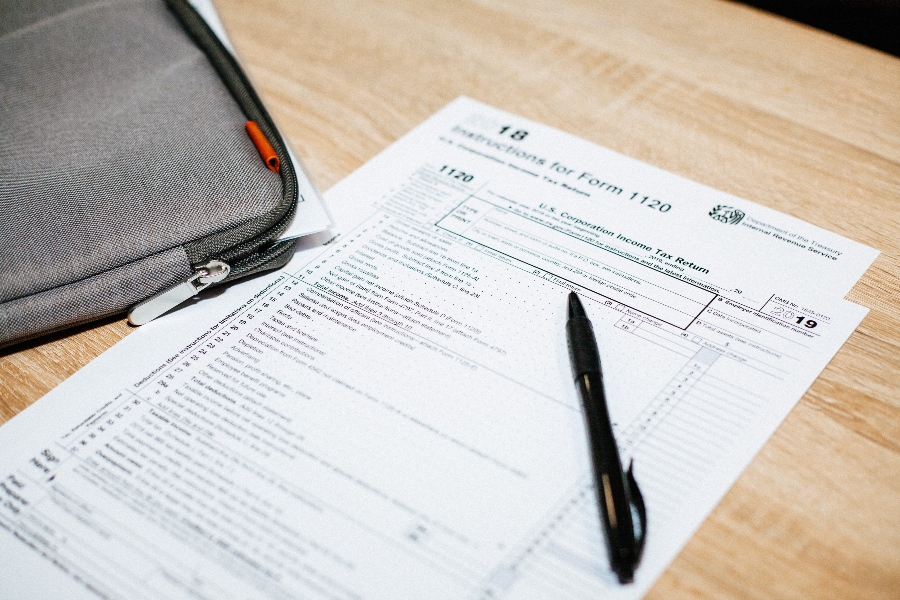We get it, tax preparation isn’t fun and it’s tedious. It can be difficult remembering which documents you need and which ones don’t matter, but here are some tips to help make it a little less painful.
Keep your documents safe. Invest in a safe for all of your paper records. It should be fire and waterproof in located in a secure place. Keep multiple and additional paper copies in separate, secured, locations just in case. If you are trying to go digital, make sure your data is secured and encrypted. Whatever you do, make sure you always have a backup.
Keep everything. Your checkbook and personal accounting software are great tools to keep you on track but they are not enough to prove the deductibility of your expenses. Here’s a shortlist of what you should keep:
Bank statements
W-2 and 1099 forms
Brokerage and mutual funds statements
Sales slips
Pay stubs (especially you have deductible expenses withheld from your paycheck like 401K contributions, union dues, insurance, etc)
Invoices
Credit card receipts
Proof of payment (including canceled checks)
Home purchases and sales agreements (including closing statements and insurance records)
Form K-1 (for business partnerships)
Separate business and personal. Maintaining a clear separation enforces the liability boundary between you and your business. This is true during tax season as well as in case of a lawsuit or dispute.
Keep your files indefinitely. Keep a copy of your actual returns, W-2s, and 1099s forever. The IRS only keeps tax records for 3 years based on the filing date, after 3 years the files are destroyed. In case of an audit, dispute, the IRS can only look back 6 years. Keeping a long and accurate paper trail can be useful and critical to effectively resolving the problem.
Although it seems overwhelming, establishing and maintaining a good record-keeping system can save you a lot of time in tax preparation. Being prepared and organized can also save you time and frustration later in case you or your heirs have to prove income and/or taxes.


